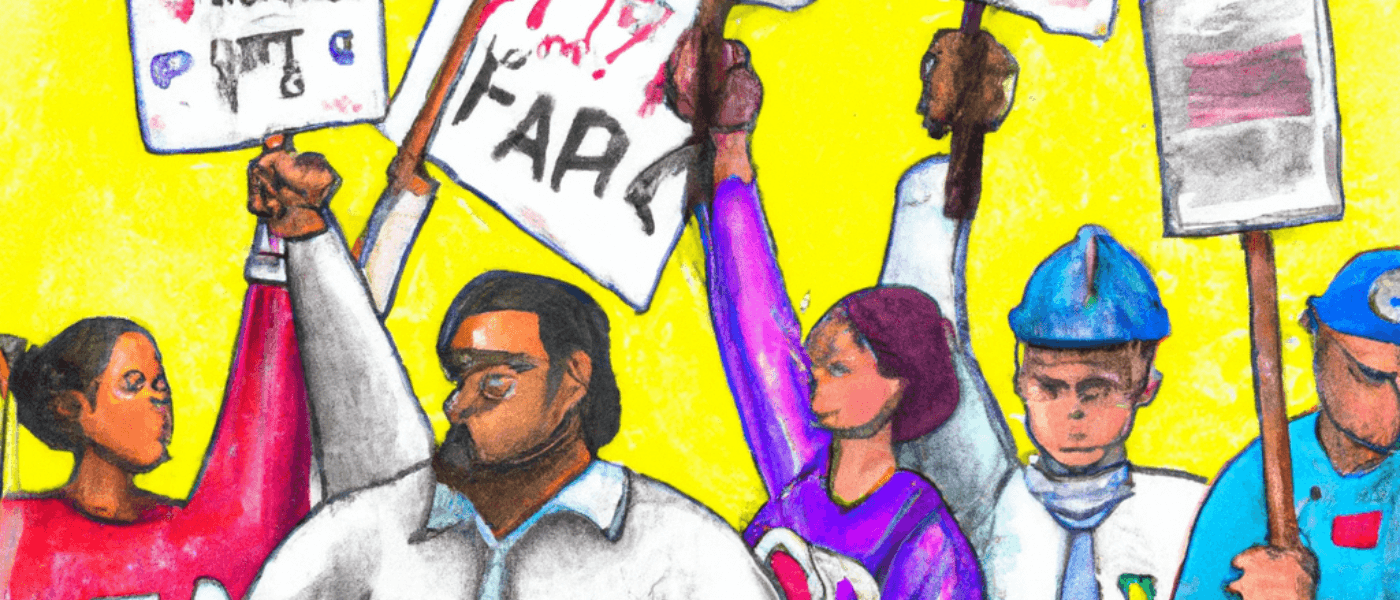
The Geography of Discontent: Helping Fallen Behind Places
Andrés Rodríguez-Pose, Princesa de Asturias Chair and Professor of Economic Geography at the LSE
#PGS22 Session: Places that Matter: Empowering Regions in the Global Economy
Many thought that the Covid-19 pandemic, with all the disruption and suffering it inflicted, would provide an opportunity to address the acute problems of fallen behind places. As lockdowns spread across the world, the transformation in economy and society altered how we work, relate to others, and live our lives. Almost overnight many started conducting activities remotely and scores of citizens left big cities to avoid the spread of the virus; for homes in the countryside, in the mountains, or by the sea. Housing in many rural areas and remote regions experienced an unprecedented boom, and demand for schools in places that had experienced long-term decline in the public sector skyrocketed.
But the end of the pandemic and the return to relative normality has brought us back to the old routines. Economic growth is again concentrating in what were already the most dynamic places before COVID-19: large urban agglomerations. These large cities often have a concentration of economic and political power. By contrast—except for a few locations outside areas with a track record of attracting investors, entrepreneurs, and skilled workers—most places already falling behind are confronted by a sense of déjà-vu. They have gone back to being forgotten, neglected, and overlooked. In other words, they have returned to the pre-pandemic normal of being “places that don’t matter”; places frequently dismissed as “no-go areas”, “flyover states”, where, in the infamous words of Hillary Clinton, a “basket of deplorables” lives.
It is therefore no wonder that in post-pandemic Europe the geography of discontent has returned, big time, as a major issue in politics and policy-making. In 2022 anti-system political parties have made significant electoral inroads surfing on the wave of popular discontent in areas left behind. Marine le Pen has become a serious contender for the French presidency. Viktor Orbán, despite facing a united opposition, led his Fidesz party to the biggest majority ever in democratic Hungary. And more recently, the Sweden Democrats hold the key to the Swedish government, while Giorgia Meloni has become the first post-fascist prime minister in a western European democracy since the end of World War II.
The discontent fuelling these political choices at the ballot box is driven by those who have seen their economies decline over a long period, their best and brightest leave for areas where opportunities are more abundant, and their local public goods and services decay and disappear. Discontent is brewing; fueled by the perception that their plights are being ignored and that public policies and investment are skewed to benefit the already rich and powerful. The belief that they can eventually escape from their disadvantaged situation is ostensibly diminishing by the day. They feel abandoned and are exacting revenge at the ballot box.
These attitudes are not driven by low educational qualifications or changing demography and ageing. Such an interpretation misses the point that many low-skilled and older citizens are stuck in places where opportunities are limited. They have no willingness nor do they have the resources to move elsewhere.
This is a problem of territorial neglect, of governments no longer believing in the potential of places that, in many cases, were at the heart of the industrial revolution more than a century ago.
It is also a problem of believing that the wealth of the most dynamic places can be spread to less economically advantaged territories, a shift that hardly ever actually happens.
Our societies face the enormous challenge of growing inequalities in opportunities, services, and wealth. The policy problem is, to a large extent, territorial and the solutions require a territorial dimension. We need better targeted policies, taking into account past patterns of economic and demographic dynamism. We need to adapt horizontal policies to different territories in a place-sensitive manner. We need a greater emphasis on the potential of every territory, as not only the largest cities can develop economically. We need greater focus on portable skills, promoting entrepreneurship, and addressing institutional bottlenecks.
The return of the geography of discontent is radically changing the political arena across the major industrialised economies. Urgent and targeted action is needed to deliver improved well-being for all, before we risk plunging into the situation where leaders who thrive on conflict undermine our collective capacity to address the many global challenges we face.
The title image was AI-generated by Das Progressive Zentrum, using the DALL-E 2 Image Generator by OpenAI.






